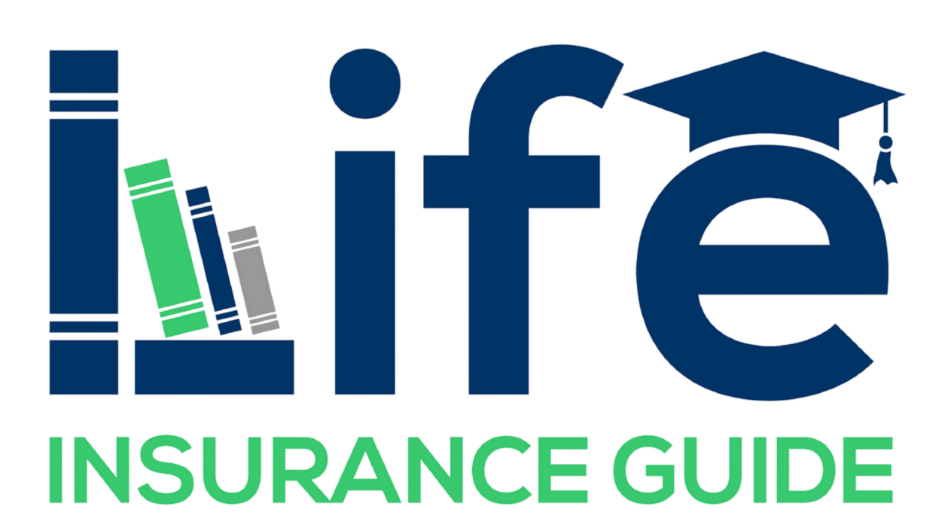When it comes to protecting your income, two types of cover are often mentioned together: Total and Permanent Disability (TPD) insurance and Income Protection (IP). They both help when illness or injury stops you working, but they work in very different ways.
The basics
- TPD insurance pays a lump sum if you are unlikely to ever return to work. It’s designed to clear debts, make home adjustments, cover medical care or create a financial buffer for the future.
- Income Protection pays a monthly benefit (usually up to 70–75% of your income) while you are unable to work. It’s about keeping your bills paid and household running during a long recovery or ongoing illness.
In short: TPD is for permanent incapacity; Income Protection is for temporary or long-term inability to earn an income.
What makes up TPD cover?
People often use a similar sum insured for TPD as for Life insurance, since the needs can overlap. Common elements include:
- Paying out the mortgage or other debts
- Allowing for an ongoing income stream for dependants
- Providing for children’s education costs or future financial security
- Covering medical expenses or specialist care
- Setting aside funds for contingencies
Where TPD differs is the extra costs of living with a disability. You may need to fund home modifications, mobility equipment, vehicle changes, or ongoing personal care. These are unique to TPD and can add significantly to the total required.
Do you need both?
The two covers serve different purposes.
- TPD alone won’t give you ongoing income.
- IP alone won’t give you a lump sum to wipe out big costs like a mortgage or medical changes.
Together, they create a more complete safety net. The right balance depends on your circumstances, debts and family needs.
How claims work in super
Both types of cover are often held through superannuation, which can make them easier to access but also adds rules:
- TPD in super – claims usually need to meet the “any occupation” test and require trustee approval before money is released. Payments can also be taxed depending on your age. Importantly, premiums come out of your super balance, which can erode retirement savings over time.
- IP in super – benefits are taxed like income and may be limited to a short benefit period (often two years). Keeping your super account active is essential so the cover doesn’t lapse.
Outside super, policies can offer broader definitions, longer benefit periods, and different tax outcomes.
Can you claim both?
In most cases, yes – you can receive IP payments while waiting for a TPD claim to be decided, and even continue to get monthly IP after a TPD payout. But some group super policies stop IP once a TPD claim is paid. Always check your policy wording so you do not lose benefits unexpectedly.
What to watch for
- Waiting periods – IP benefits only start after a set time (e.g. 30 or 90 days). TPD usually requires you to be off work for several months before assessment.
- Benefit periods – many super IP policies pay for only two years. Retail cover can extend to age 65 or beyond.
- Definitions – TPD in super is limited to “any occupation”. If you want “own occupation” (covering your specific job), that part needs to sit outside super.
- Tax – IP is always taxed as income. TPD is tax-free if held outside super, but taxable if paid from super.
- Impact on retirement savings – premiums for TPD and IP in super reduce your balance. Over many years, this can add up, leaving you with less for retirement.
Why advice helps
Balancing TPD and Income Protection is not straightforward. A specialist adviser can help you:
- Work out how much of each cover makes sense for your situation
- Decide whether to hold cover inside or outside super
- Avoid policy traps that can cut off benefits
- Guide you through claims if you ever need to use the cover
Final thought
TPD and Income Protection are not interchangeable – they solve different problems. The best protection usually comes from having both, structured in a way that suits your needs and budget. Understanding the differences now can help you avoid gaps later when support matters most.




